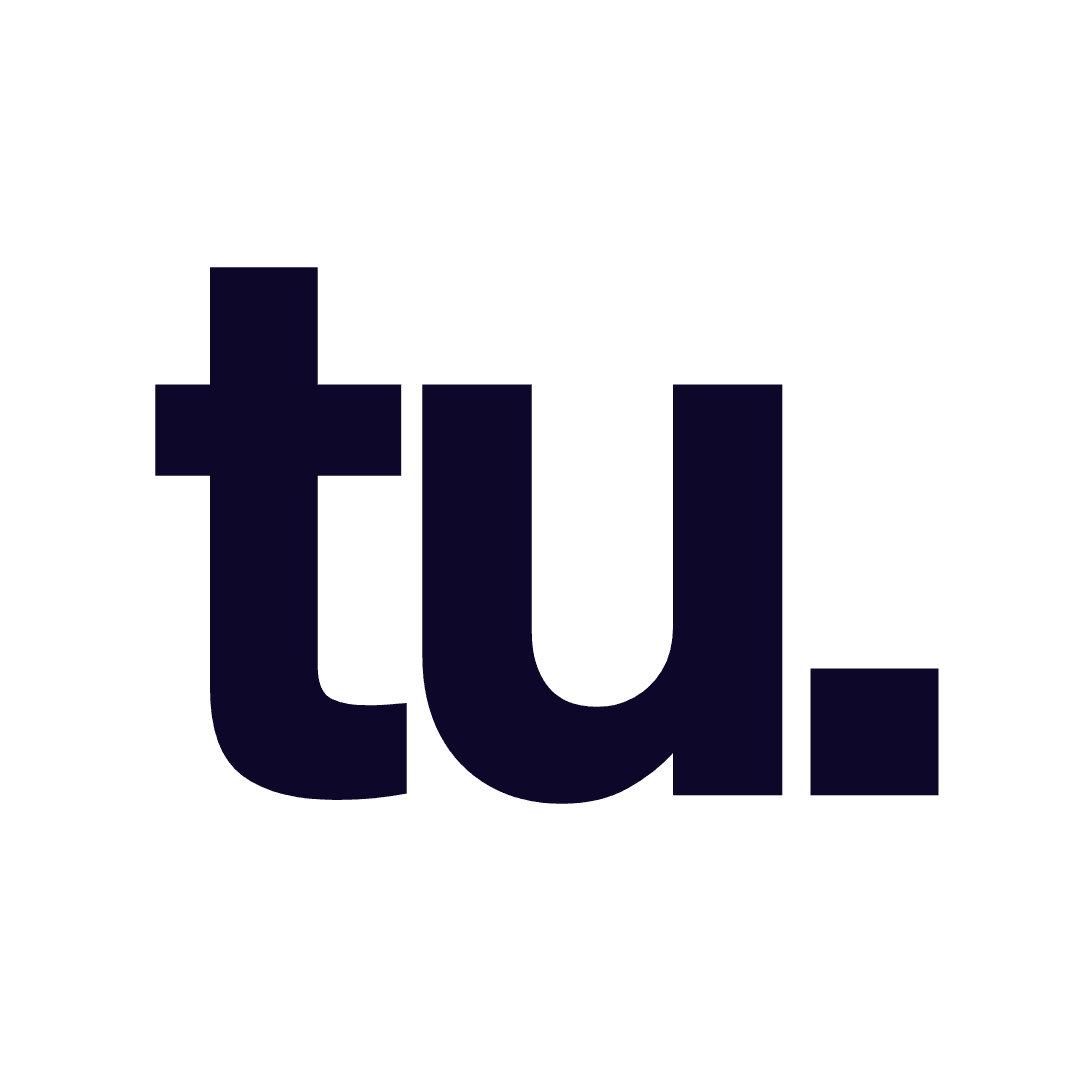Overthinking will repeatedly stand in your way if you let it.
In fact, studies have shown that as much as 73% of adults, aged 25-35 years old, are chronic overthinkers.
That's a big number.
Imagine how many important opportunities, actions and decisions you've avoided, missed or deprioritized completely because of overthinking. Ruminating can outright paralyze you and your potential.
In stark contrast, what precisely sets peak performers apart is their ability to seize who they aspire to be, and what they aspire for, in their lives and in their careers.
Time to try a different approach. Together. It’s your time to become a peak performer.
Rise above rumination
How you speak to yourself, your daily inner dialogue, shapes habits in how you think.
→ Who you believe yourself to be.
→ What you believe you can achieve.
→ What limitations you believe exist for yourself.
→ What you believe you can do on the basis of the above.
Your thoughts fuel the process of overthinking as you imagine the countless scenarios that may, or may not arise. As a result, your path forward becomes unclear, creating a vicious cycle of questioning yourself and ultimately keeping you from making tangible progress. The more you feed into your ruminations, the more power you give to them. The result? Inaction.
Let me now ask you to consider two paths forward:
• You can focus on how to avoid → Overthinking serves as an imaginary safety net, one that will protect you from making the wrong choice, doing the wrong thing and acting too quickly.
• You can focus on how you respond → Recognize what you don’t control, identify what you can do and push yourself to problem-solve proactively.
As you grow in your career and in the responsibilities required of you, so too does the expectation to not only think, but act quickly on your feet. Elite professionals are precise, sharp and rarely dwell on decision making.
My work with those that rise to the top 1% has been revealing; peak performers have conviction in their beliefs and even more so in their actions.
Let’s dig into how we will get you there.
The 5 steps to rise above overthinking
1/ Identify your triggers
Begin by paying attention to the tasks or situations that trigger overthinking within you. For example, you’ve experienced toxic bosses, who in the past, micro-managed your work. You now find yourself in a new organization, new role or reporting into a far more effective manager, yet remain on edge at all times.
An email from your new boss may cause you to ruminate:
What is it that he/she really wants to know?
Is he/she following up because I missed something I was supposed to do?
Does he/she feel I’m not on top of my work?
Maybe I should have emailed him/her an update first…
This pattern of thought is not only counter-productive but worse, does not serve you in building the necessary confidence to perform in your new role.
Instead, recognize that emails from your boss trigger overthinking in you. Then, intentionally seek to overcome this recurring theme by scheduling a weekly status with him/her to enhance how you communicate with one another; to clarify where you’re at, to solidify your projects' progress and to access immediate feedback from him/her on where you stand.
2/ Reframe negative thoughts
Practice catching yourself overthinking and immediately replace negative, recurring thoughts with constructive ones that force you to problem-solve proactively.
For example, when you find yourself thinking “I’m not sure I can do this”, ask yourself *Why did I think that to myself right now?* and instead tell yourself (or journal):
→ I can do this because I’ve tackled something similar, or far more complex/difficult/challenging, before.
→ I will break this problem into smaller, more manageable, parts that I can deliver on.
→ My boss assigned this project to me for a reason. I’ll do the best I can with it.
→ If I do get stuck, I’ll simply ask for help and show my resourcefulness in what I’ve accomplished so far.
See the difference?
So often, the key to moving past overthinking is to change the way we speak to ourselves. Our mindset is a powerful tool; choose for it to be your biggest asset and not a liability to unlocking your full potential.
3/ Lean into time and place
There are moments, projects and responsibilities that will require you to carefully think and consider how you wish to respond. The key is to distinguish overthinking from intentional problem-solving. This may not always appear as obvious as you’d like.
Here’s a simple way to break through the fog of overthinking.
Ask yourself: Will spending more time thinking about X actually lead to a more valuable outcome vs. taking action now?
For example, you are preparing a quarterly presentation to the executives of your company. You find yourself overthinking the importance of every slide, every chart, every data point and how you intend to craft the flow of your speech.
My experience of having delivered hundreds of executive presentations at L’Oréal is conclusive: the only element to overthink in this example, if anything, is the speech itself. This is truly what your audience will recall; make it memorable, choose a message that resonates profoundly and blueprint a dialogue that will serve you far beyond any single chart or animation will.
Audit the time and place of your thoughts.
4/ Use visualization techniques
Make use of visualization to see yourself accomplishing your goals, boosting your confidence and reducing unnecessary anxiety.
Overthinking often steers our thoughts towards negative “what if” possibilities. Instead, focus on visualization practices that will foster *positive “what if” outcomes*.
Compare and contrast how high-performers speak to themselves:
What if I fail at this task? vs. *What if I perform this task better than I could have ever imagined?*
What if I say the wrong thing? vs. *What if I share a valuable insight, comment or make a contribution that enriches the conversation?*
What if it doesn’t work out? vs. *What if it does? And even if it doesn’t, what will I learn from the experience to further grow?*
And in those particular situations in which difficult conversations may need to arise, tell yourself “I have prepared for this and have a good feeling in how it will unfold” rather than ruminate on how “this is going to go badly” (which, inevitably will happen if you convince yourself enough).
Those that pursue greatness go one step further, envisioning how situations may unfold and set the stage for their success in how they prepare for these defining moments.
5/ Set boundaries
Peak performers excel at compartmentalizing; what actions to prioritize and demote, when to dedicate time to oneself and family, and when to go all in on work, etc.
Reinforcing boundaries within yourself and own thoughts, as well as with others, is critical to create the right headspace to envision the reality you want.
It has to start with you.
Start shifting to a state of “less is more” by saying yes to the right things that will make a positive impact in your work and towards your own development goals. Ask yourself:
What are the key things I should do that will actually move the needle closer towards who I want to become?
While we grow through what we go through, it’s also critical to know when to walk away from situations that no longer serve your best interests. Choosing to walk away from certain paths should not be mistaken for giving up, but rather as a pivot towards the outcome you aspire to achieve.
Will you say yes to action?
As the saying goes, we suffer more in imagination than reality. Choose to rise above chronic overthinking and begin embracing the opportunities by taking action. Breaking the habit of ruminating takes practice and by implementing these 5 steps, you’ll develop a balanced approach towards greater clarity of thought, confidence, effectiveness and ultimately peace of mind. And you deserve that.
You've got this!
Free Peak Performers newsletter
Practical career tips that actually work.
Every Monday and Friday, get easy-to-use strategies and scripts to land better roles, faster promotions and more growth (and look great in front of your boss).
100% free • unsubscribe anytime.



